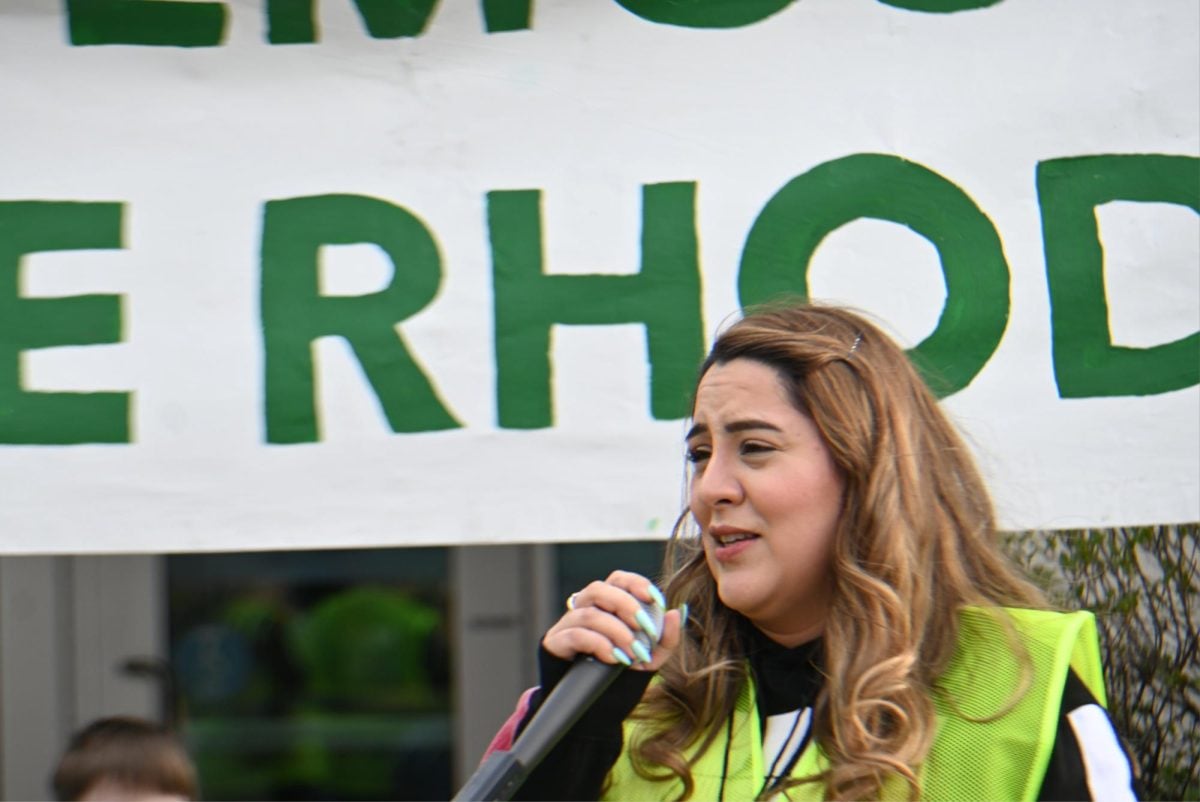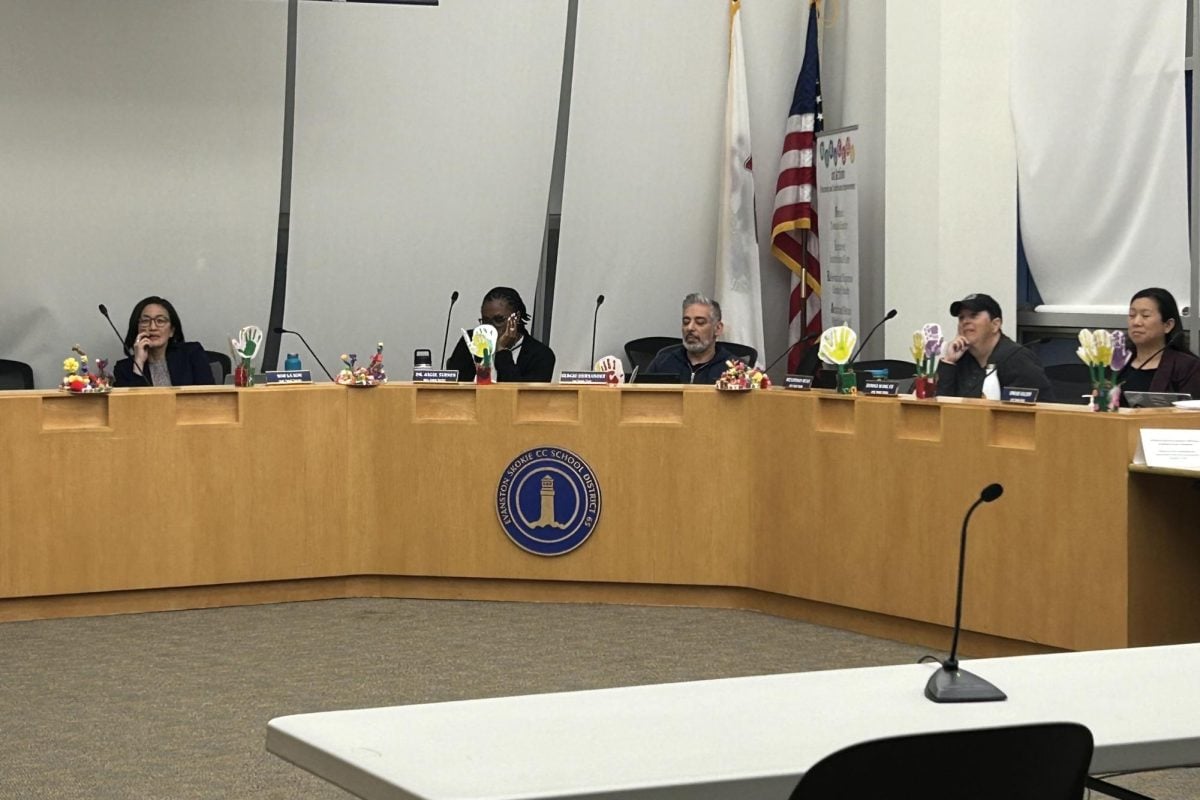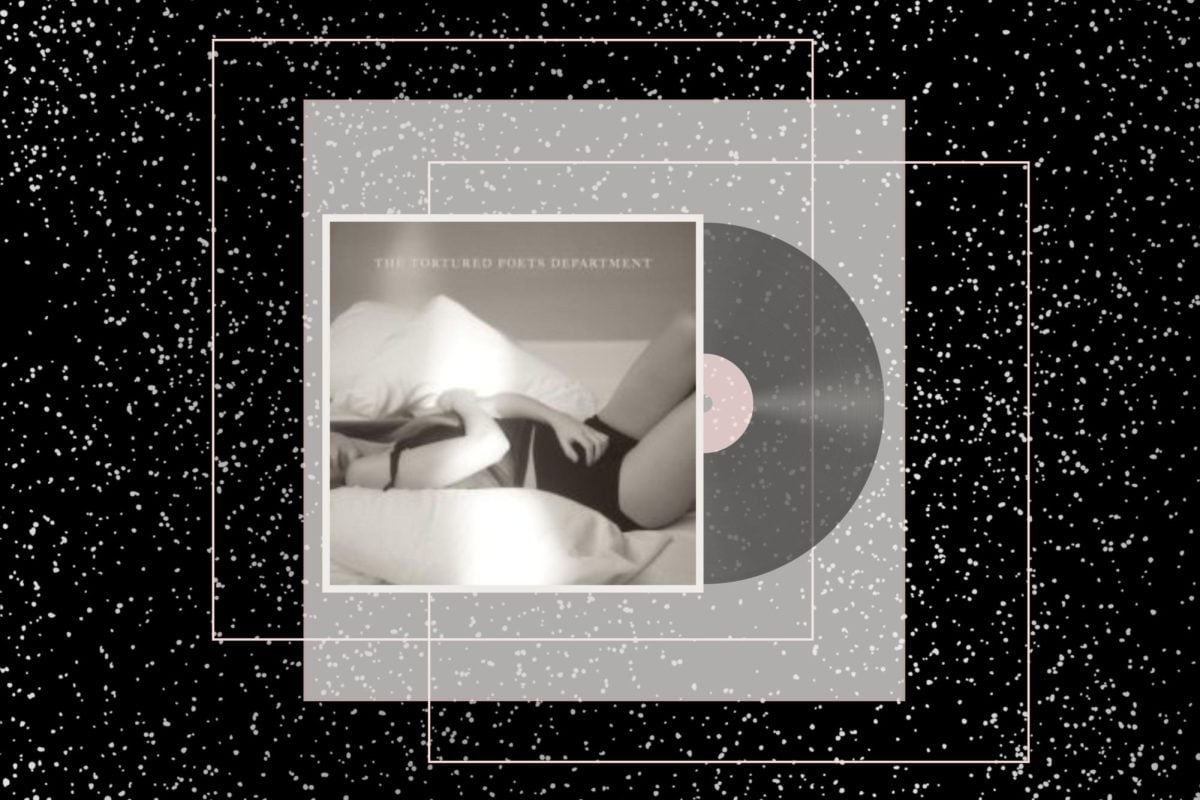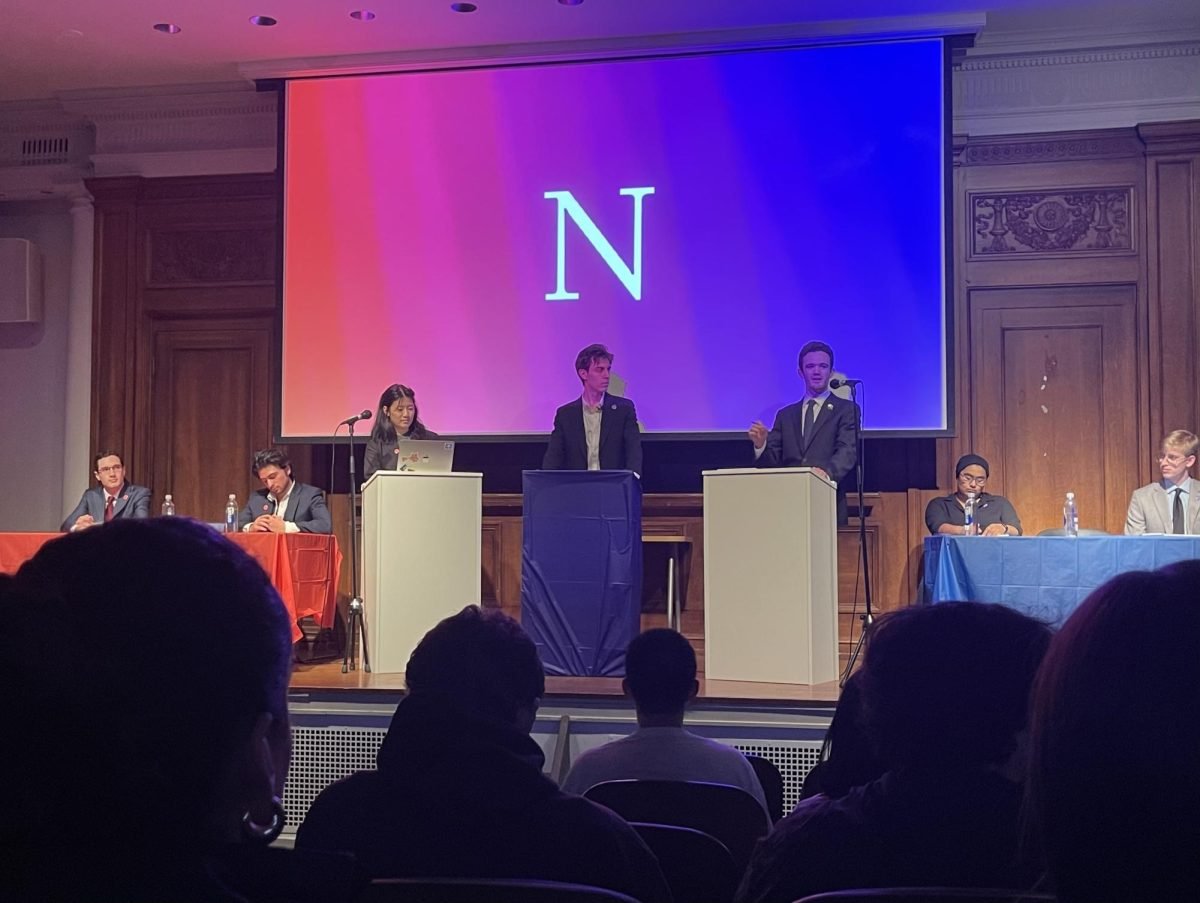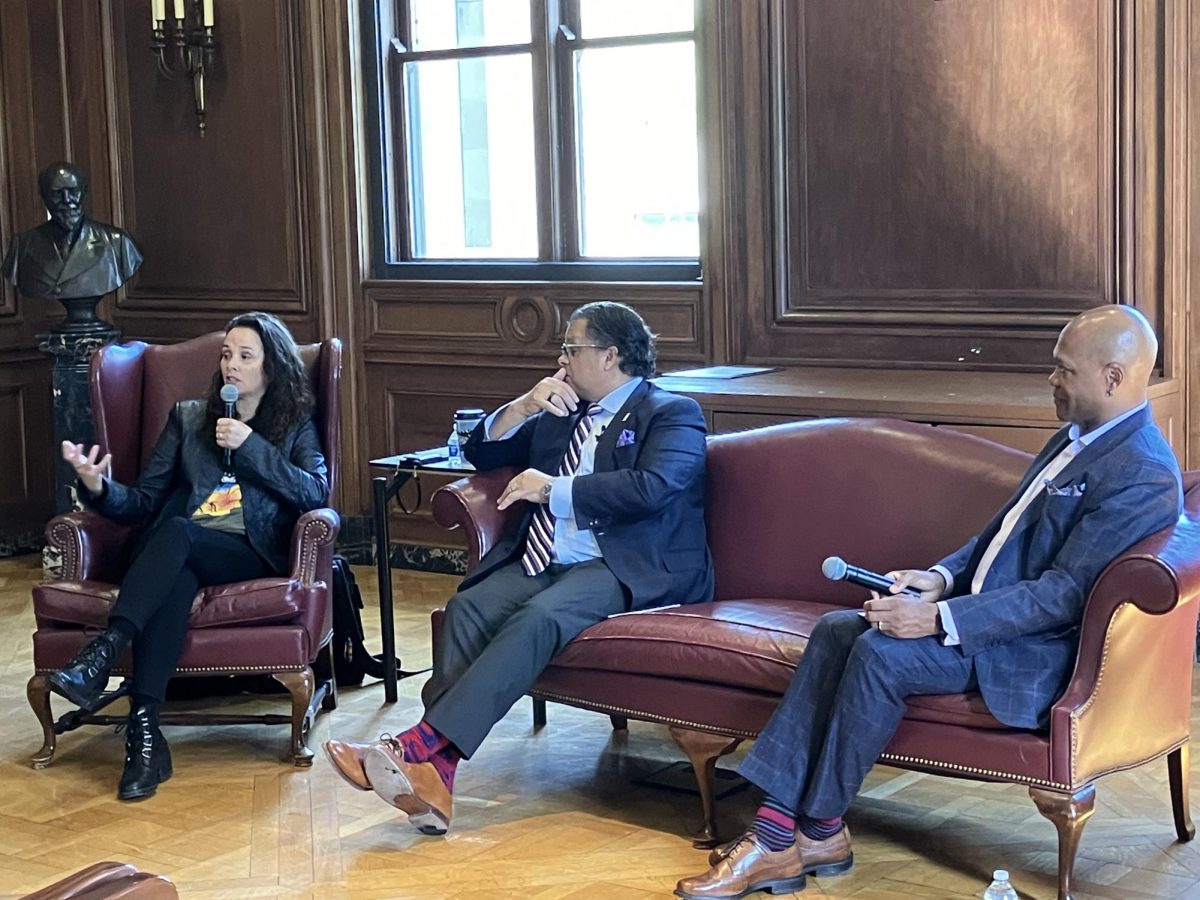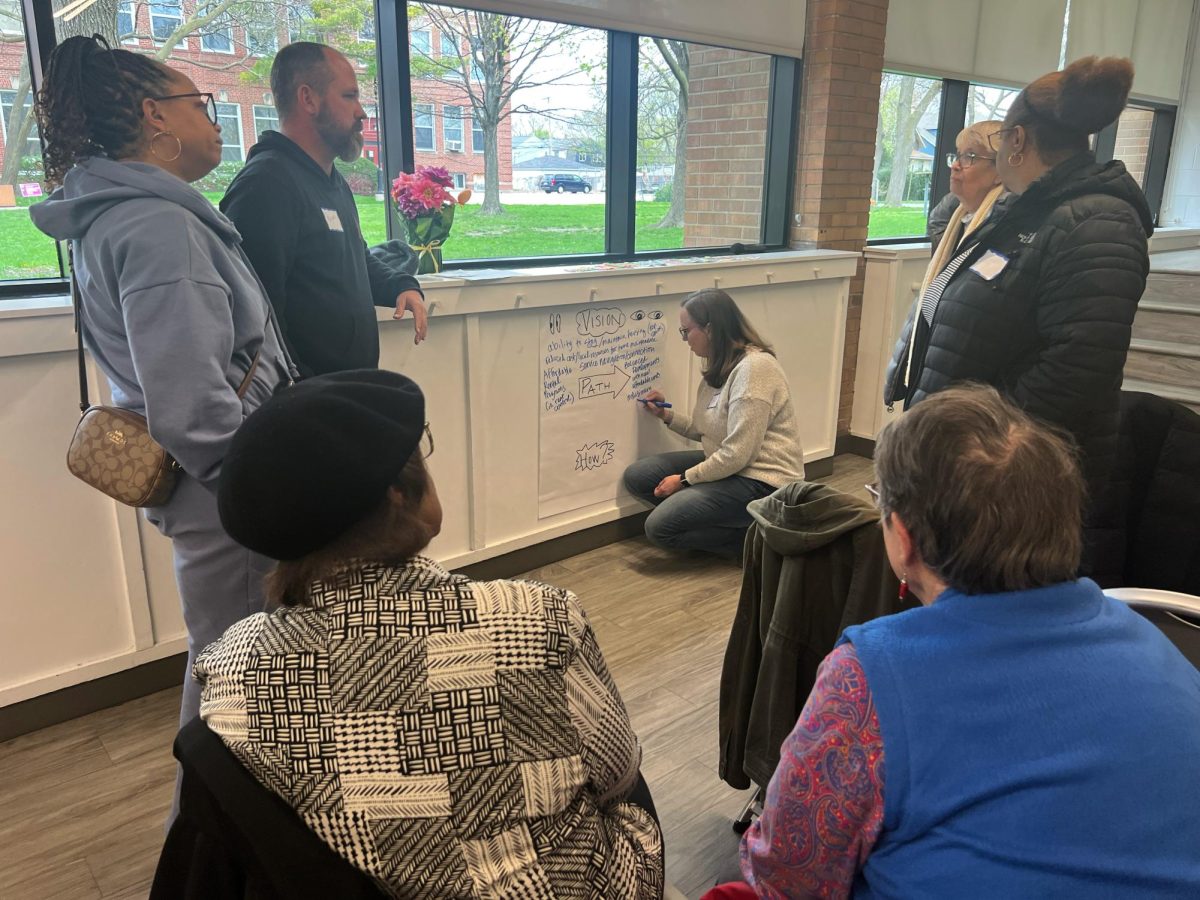Evanston has seen a significant reduction in car crashes in the past three years since a City Council ban on using handheld cellphones while driving went into effect.
The number of roadway crashes declined 17 percent from 2009 to 2012, according to the Evanston Police Department. The number of car accident injuries dropped 14.5 percent during the same period.
Ald. Jane Grover (7th), a longtime advocate for safe driving, said though the ban enactment may not necessarily have caused the reduction in car crashes, it might have helped raise awareness of the dangers of distracted driving.
“We didn’t get the dramatic improvement in the crash rate from the year before, but the trend over these three years is really positive,” Grover said.
The council unanimously passed the cellphone ban in January 2010. The ordinance prohibits texting, Web browsing, listening to voice mail or talking on a handheld phone while driving, but permits talking on a hands-free device. Motorists who violate the ordinance, which went into effect March 2010, receive a $50 fine with an additional potential penalty of $200 if the violation may have contributed to causing an auto crash.
The ban has been a “key component” in ensuring public safety in Evanston, where cars, bikes and pedestrians often cross paths, EPD Cmdr. Jay Parrott said.
“Clearly, driving and texting or driving and using a cellphone is distracting to drivers,” Parrott said, noting driving while using a cellphone is as dangerous as driving while drunk. “We have to have (the ban) in place to stop people from being distracted while driving.”
During the past three years, the EPD issued more than 7,000 tickets to motorists who have violated the ban, according to the city. Grover said the collection rate on these tickets is more than 80 percent, which she said indicated general acceptance of the ban.
“It suggests to me that people don’t consider the cellphone ban overreaching,” she said. “They acknowledge that this is dangerous behavior.”
Education of residents from young drivers to parents is another piece of ensuring safe driving in Evanston, Grover said. Many Evanston Township High School students may have seen their parents using the cellphone while driving to pick them up at the school, she said.
“One thing that I really wish we could do more … is really more on the education side,” Grover said. “If the new generation is brought up seeing parents using cellphones while driving, they may not understand the danger.”
According to a National Safety Council estimate, about 21 percent of crashes in 2011 involved talking on handheld and hands-free cellphones.
Currently, Illinois law bans texting while driving for all drivers. The state also prohibits using handheld devices while driving for school bus drivers, drivers younger than 19, drivers within 500 feet of an emergency scene or in school and construction zones. The state House approved a measure in March to prohibit using handheld devices while driving.
Moving forward, Evanston aldermen should consider imposing a total ban, which would prohibit talking on hands-free devices, as well, Grover said.
“There is no difference when it comes to the cognitive impairment,” she said. “They both are the equivalent of driving drunk. It’s a type of multitasking that human brains are not able to do.”
In 2012, Grover introduced a proposal to to the Human Services Committee to ban talking on hands-free devices while driving. However, she said she has yet to garner enough votes to pass the measure.
Ald. Delores Holmes (5th) said she would like to see further research before supporting banning hands-free devices.
“It’s distracted driving … when you listen to your radio,” Holmes said. “But hands-free devices allow you to be much more in control of driving.”




